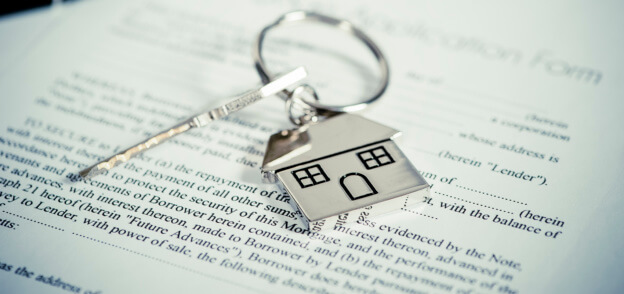A Step-by-Step Guide to Updating HOA Governing Documents
Changes to governing documents are needed as communities evolve. The original CC&Rs and Bylaws that were established when the property was first built may no longer apply to the homeowners who live there today.
Luckily, governing documents are not set in stone. They are designed to adapt to communities as they change over time. However, every part of your HOA’s governing docs requires a specific process in order to make updates.
Here’s a simplified guide to changing your community’s governing documents and how your association management company can help.
1. Identify Which Rules Need Updated
Communities have three main types of governing documents, CC&Rs (which outline the distinct obligations of owners and associations), Bylaws (which discuss the association’s governance practices), and Rules & Regulations (which provide the community’s operating rules).
While most governing documents do not require a full overhaul, it’s beneficial to conduct a review every few years as laws and communities change. The first step is to determine which update is right for your community.
If there are no imminent changes, it’s good practice to review your governing documents if they’ve not been updated within the past five years to ensure they still align with your community’s goals.
2. Review the Process for Enforcing Change
Each community’s governing documents have parameters that outline the requirements for making changes. While the Rules & Regulations only require a vote of the board and notice to the community, Bylaws and CC&Rs frequently require a vote of the membership.
For some communities, changes require a supermajority of resident votes (67% or more), for others a simple 51% majority is acceptable. When you identify how difficult the change mechanisms will be, you get a sense of whether your updates are worth the time and effort required. If so, move on to the next step.
3. Establish Clear Legal Language
Discuss what you are trying to accomplish in plain language, then work with an attorney to determine exactly what the language should be when implementing official changes.
Remember, you are dealing with legal documents that are designed to protect the value of your investment by shielding your HOA from liability. Language matters to the courts and an attorney will help you craft the appropriate wording to make sure your HOA complies with local and state laws.
Your association management company can help you understand the basic language requirements and can collaborate with attorneys who can provide you with explicit guidelines for crafting the appropriate language.
4. Set a Timeline
Though the process of officially updating HOA governing docs can take several weeks, prevent delays by defining a timeline. This helps to set expectations for homeowners and accountability for the board to complete the steps necessary to complete the changes.
This will also help when coordinating with your association management team and lawyers regarding review and filing deadlines.
5. Communicate with Your Community
Obtaining buy-in from homeowners and residents is perhaps the most critical part of making changes to your governing documents. Ask for their opinions and consider them as you draft amendments to your governing documents.
They’ll want a clear understanding of why the community guidelines have changed. Since changes are instituted in the best interest of the community, there’s generally an agreement with the updates. However, when not articulated clearly, there could be misunderstandings that could lead to pushback and a lack of voters in favor of the proposed changes.
Clarify the reasons for the changes and outline the positive impact on the community. Turn to your HOA management company to help guide you through communication frameworks, such as facilitating town hall meetings, including information in your community newsletter or on the website, and spreading the word door-to-door.
6. Hold a Vote
CC&Rs and Bylaws call for a membership vote. These are official documents that articulate the responsibilities of homeowners and the HOA and the CC&RS are filed with the state. Typically, a supermajority of 67% of homeowners is required.
Once a vote has taken place, communicate the outcome and distribute any changes to the documents with homeowners.
Connect with Your HOA Management Company
Governing documents should not be changed quickly for convenience or amended on a whim. All decisions regarding changes to your community’s governing documents should come after careful consideration, and thoughtful deliberation, and should include opinions from the affected residents.
Speak with your homeowners association management company to answer any additional questions about changing your community’s governing documents or to discuss initiating the amendment process.
